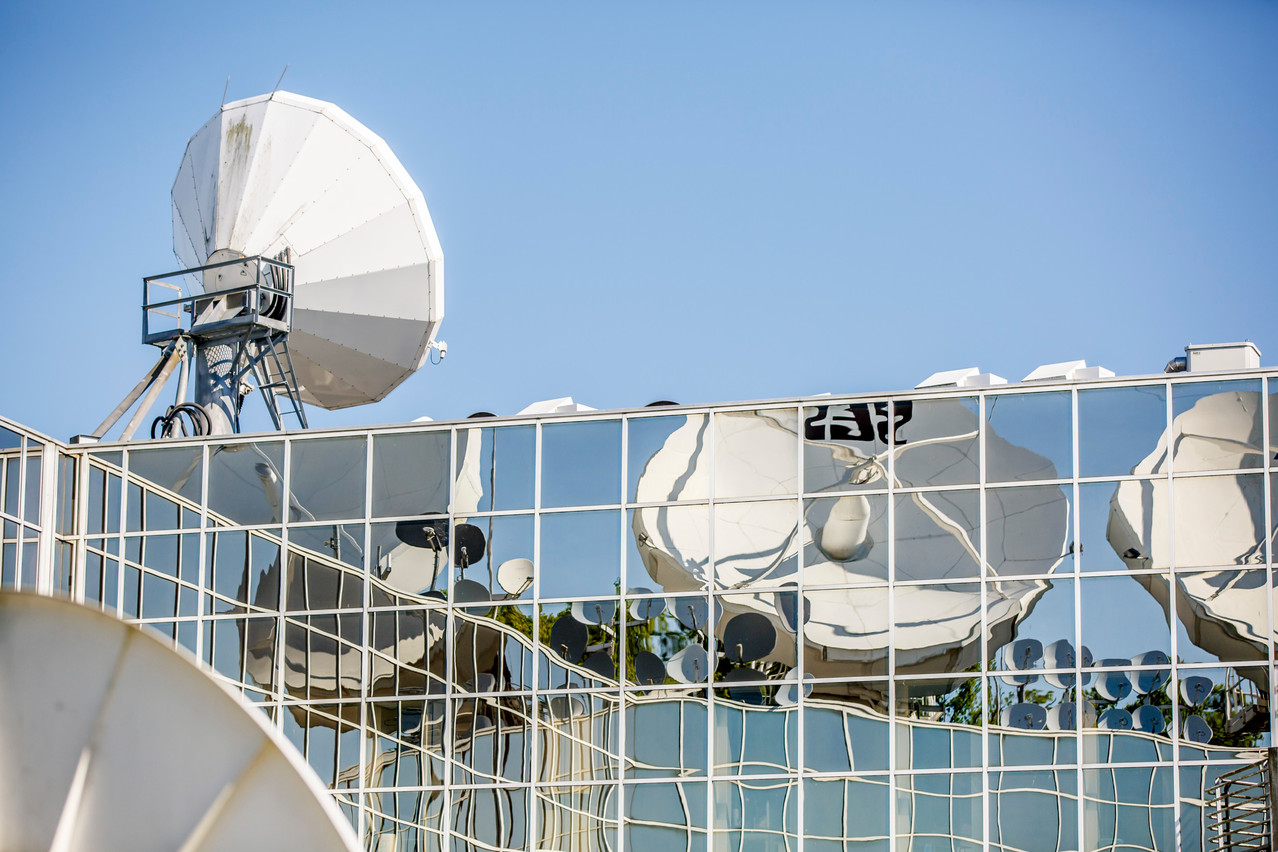According to SES’s website, one billion people rely on its technology for the delivery of their news and entertainment.
Ferdinand Kayser, strategic advisor to the CEO, explained to Delano that the firm’s early success—when it was still purely a European operator—came from having an on-the-ground understanding of the places where it had a presence: “We had offices and small teams in the respective markets, supporting our customers in deploying the ecosystem,” he said. “What’s often forgotten is that, yes, you’re operating satellites and generating revenues by selling bandwidth—but what matters is the entire ecosystem.”
As an example, SES needed households to have their own satellite dishes: “So, of course, the right dishes had to be specified for each of the markets. And the dishes had to be distributed by local installers and distributors.”
Fast forward to the company’s newest technology, the O3b mPower satellites, which require a different kind of thinking. These satellites provide a “full constellation” of coverage, in Kayser’s phrasing, meaning that the whole planet is implicated: “When we start operations with mPower, we will be operating globally as of the first day.”
On the product side, this extends the capabilities that SES’s clients have in different markets. “Let’s take the example of Orange,” said Kayser. “As a major telecommunication company in France, via O3b mPower they can have access to markets in Africa, Latin America, Asia… wherever they want the connectivity to end up.”
On the infrastructure side, however, it requires plenty of groundwork too. “It’s not only about the satellites in space,” the strategic advisor went on. “It’s about the ground networks, the gateways, the data centres which have be installed and deployed…”
Home base
But despite being so global, SES remains a Luxembourgish company. Besides its recent , what characterises its connection to the grand duchy?
“The Luxembourgish state is the single most important shareholder, so there is a very strong anchor in Luxembourg,” said Kayser. “But on the other hand, of course, our business is international by definition. We do not generate a single euro of revenue in Luxembourg—all of it comes from outside.”
